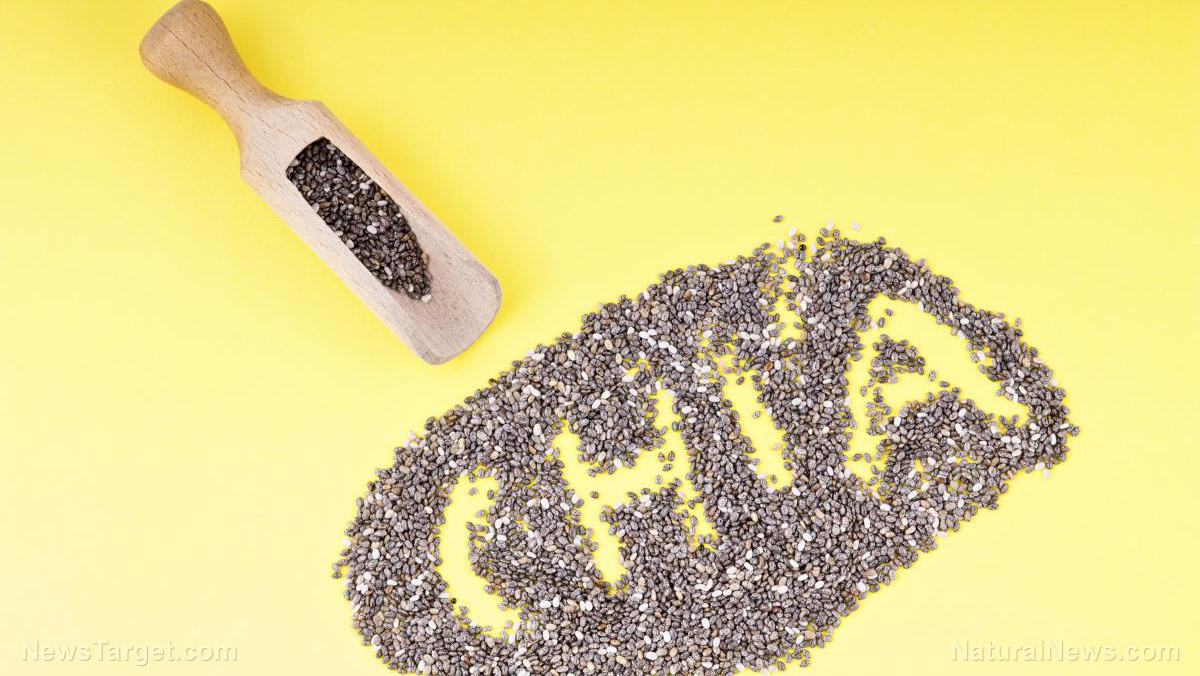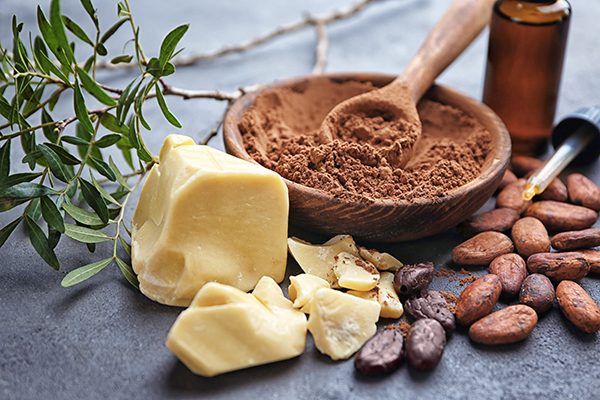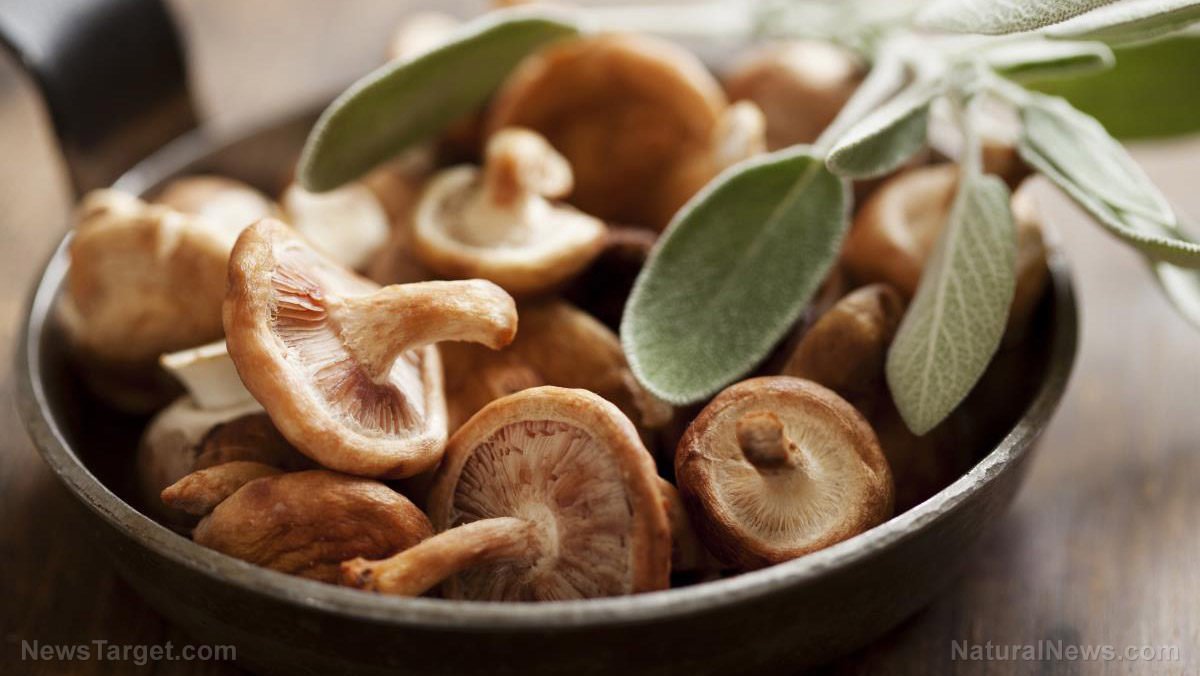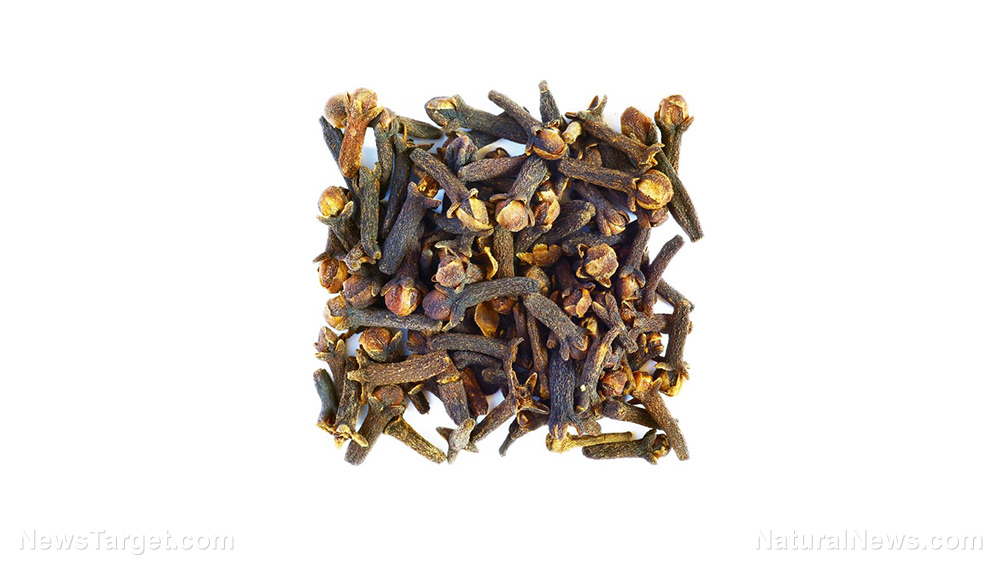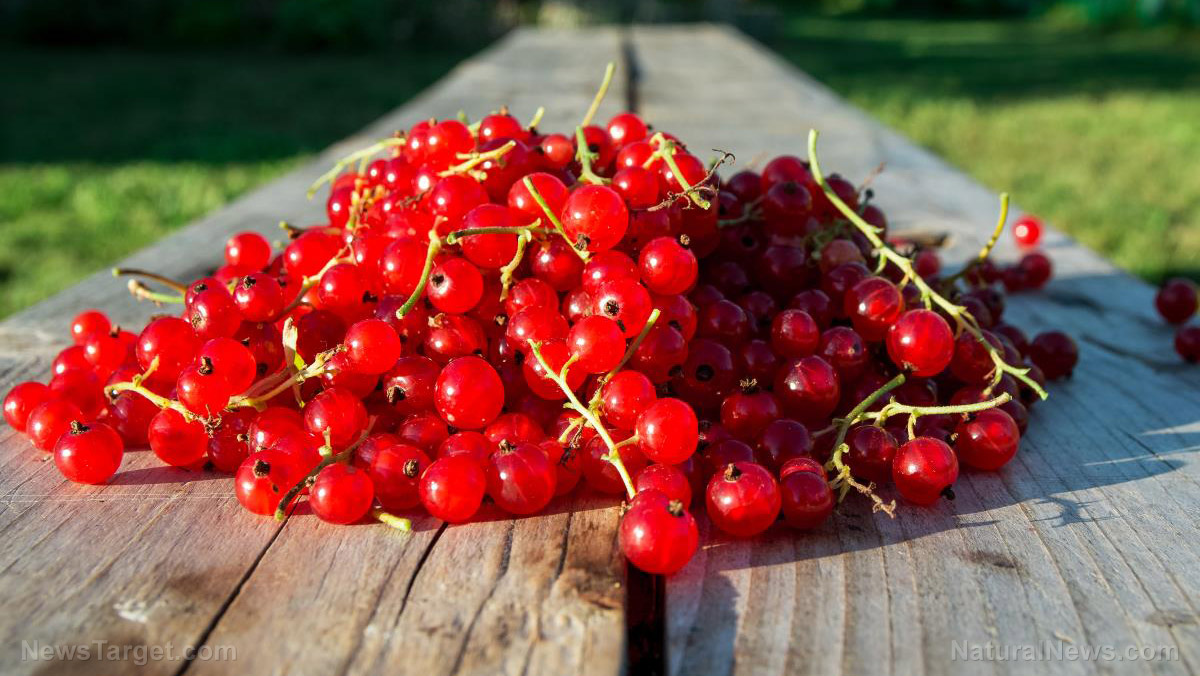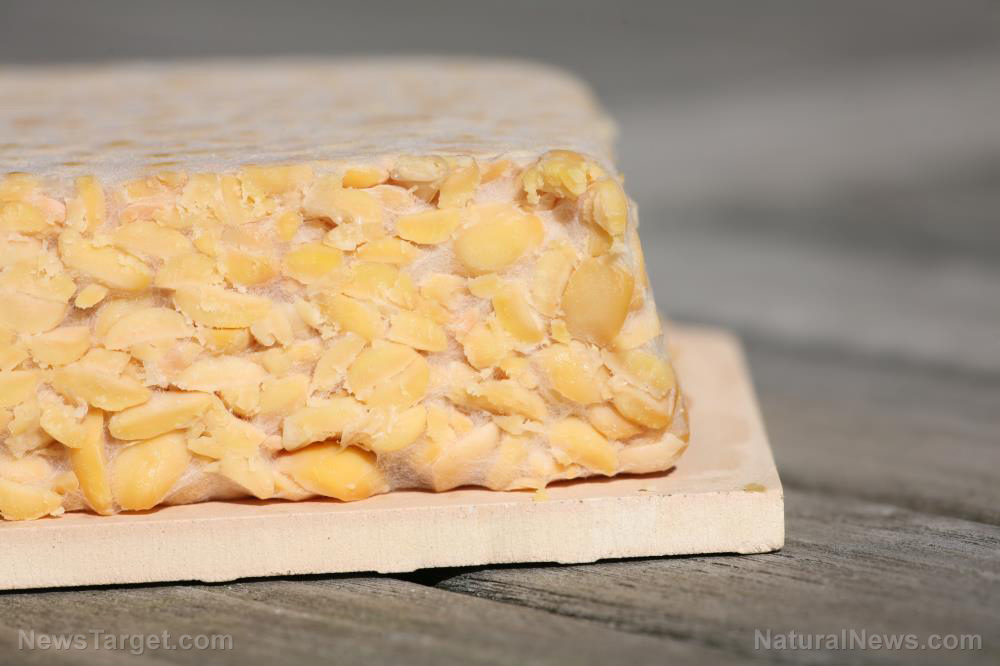Naturally occurring plant carbohydrate in cranberries could help prevent UTI
12/31/2019 / By Evangelyn Rodriguez

Cranberries (Vaccinium macrocarpon) are popular fruits commonly associated with Thanksgiving. They are small, red-colored, and packed with essential nutrients and health benefits. One of the many things cranberries are known for is their ability to prevent urinary tract infections (UTI). Nearly every human study that investigated this has confirmed that drinking cranberry juice helps stop UTI from recurring.
But contrary to common belief, cranberry juice does not kill the bacteria that cause UTI; it merely helps flush them out. This ability is called anti-adhesive property — that is, the ability to inhibit bacterial cells from adhering to the urinary tract, which is essential for their proliferation. In a study published in the Journal of Natural Products, researchers from The University of Mississippi and the University of Georgia explored this beneficial property of cranberries and attempted to determine its source. Using pigs as test subjects, they discovered that a relatively unknown plant carbohydrate present in cranberries is responsible for their anti-adhesive effects, which can effectively stop the recurrence of UTI.
Researchers identify compound that makes cranberries effective against UTI
For their study, the researchers examined the effects of spray-dried cranberry powder on Escherichia coli adhesion in porcine urine. They fed adult female sows 5 grams of the cranberry powder per kilogram body weight daily and collected urine samples using a catheter.
The researchers then tested the samples for anti-adhesion activity using a human red blood cell (A+) anti-hemagglutination assay with uropathogenic P-fimbriated E. coli. P-fimbriae are structures found on the surface of bacterial cells that help them attach to the cells lining the urinary tract.
Using chromatographic methods, the researchers found that active urine fractions contained many oligosaccharides — carbohydrate molecules — but not proanthocyanidins, which are natural antioxidants initially credited with giving cranberries their UTI-preventive properties.
The researchers also managed to isolate sufficient amounts of an arabinoxyloglucan oligosaccharide that has a similar structure to a carbohydrate found in actual cranberries. Preliminary testing of the oligosaccharide isolated from urine samples confirmed that it has anti-adhesive properties.
Based on these findings, the researchers concluded that oligosaccharides structurally related to those found in cranberries are responsible for the anti-adhesion effects observed after cranberry consumption.
Cranberry facts: health benefits and nutrition
The terms “health food” and “superfood” are often attached to cranberries — and for good reason. These functional fruits, which are native to North America, not only have plenty of culinary and medicinal uses, they also contain a lot of essential nutrients.
Being naturally low in calories, cranberries (once dried) are the perfect additions to a wide variety of dishes, including desserts. Cranberries also make great savory sauces, and their juice is even used for clinical purposes due to their powerful diuretic effect. (Related: Cranberries offer an excellent way to boost your health, say nutrition researchers.)
In terms of nutrition, a cup of fresh cranberries (100 grams) offers the following:
- Carbohydrates, 12.2 grams
- Dietary fiber, 4.6 grams
- Fat, 0.1 grams
- Protein, 0.4 grams
- Sugar, 4 grams
The same serving can also provide essential micronutrients, such as:
- Calcium
- Copper
- Folate
- Iron
- Manganese
- Phosphorus
- Potassium
- Vitamin C
- Vitamin E
- Vitamin K1
- Zinc
Traditionally, cranberries are used to treat problems related to the bladder and kidneys. Historical records also reveal that these fruits were widely used as a natural remedy for stomach problems, blood disorders, and vitamin C deficiency (scurvy). Other medicinal benefits associated with cranberries include:
- Abundance in antioxidants
- Anti-tumor and anti-cancer activities
- Enhanced immunity
- Improved digestion
- Prevention of gum disease and dental plaques
- Prevention of UTI
- Reduced risk of heart disease
Cranberries, whether dried, in liquid form, or incorporated into supplements, are considered safe for human consumption. However, consuming large quantities of cranberries may result in an upset stomach or diarrhea. To avoid these unwanted effects and get the best out of these superfoods, consume cranberry fruits or products in moderation.
Sources include:
Tagged Under:
RECENT NEWS & ARTICLES
COPYRIGHT © 2017 SUPERFOODS NEWS








